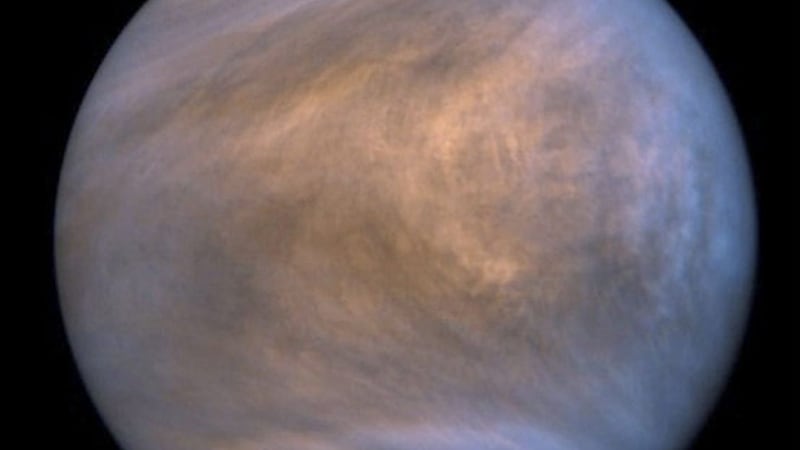A Belfast based scientist has found that the conditions for life could exist around the largest planet in the solar system.
Dr John E Hallsworth, from the School of Biological Sciences at Queen’s University, and a team of international collaborators have found that life could exist in the clouds of Jupiter, the fifth planet from the Sun.
The team of scientists has also ruled out the possibility of life in the sulphuric acid clouds of Venus.
Their research shows that Jupiter’s clouds have a high enough concentration of water, as well as the correct temperature, for life to exist there.
The study has been published in Nature Astronomy.
Dr Hallsworth said the discovery was timely.
“Our research shows that the sulphuric acid clouds in Venus have too little water for active life to exist, based on what we know of life on Earth," he said.
"We have also found that the conditions of water and temperature within Jupiter’s clouds could allow microbial-type life to subsist, assuming that other requirements such as nutrients are present."
“This is a timely finding given that NASA and the European Space Agency just announced three missions to Venus in the coming years.
"One of these will take measurements of Venus’s atmosphere that we will be able to compare with our finding.”
Dr Hallsworth added that the conditions for life could exists in unlikely areas.
"While our research doesn’t claim that alien (microbial-type) life does exist on other planets in our solar system, it shows that if the water activity and other conditions are right, then such life could exist in places where we haven’t previously been looking,” he said.








